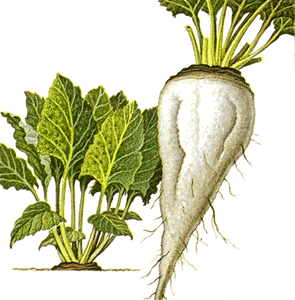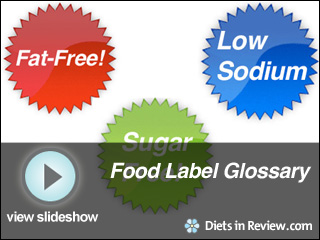Monsanto, the company behind the development of the growth hormone rBGH (more commonly known as Bovine Growth Hormone) is in the news again. The company has been referred to as the most hated corporation for unfair business practices and is currently the focus of a U.S. District Court Judge. A recent ruling directed that the USDA has to begin regulating the company’s genetically engineered sugar beets.
Monsanto originally developed rBGH and marketed it for years before selling it in 2026. They have insisted that the use of the hormone is perfectly safe. This, despite the reality that Canada, New Zealand, Japan, Australia and all 27 nations of the European Union have outlawed its use due to studies that have shown that the use of rBGH has caused elevated markers of IGF-1 in milk. The burning questions is, are elevated levels of IGF-1 in milk unsafe?
The European Commission’s scientific committee seems to think so. Their report said the excessive levels of IGF-1 may pose serious risks of breast, colon and prostate cancer. But what does that “may pose serious risk” actually mean? As reported in a May 1998 issue of The Lancet, pre-menopausal women with even moderately elevated blood levels of IGF-1 can be as much as seven times more likely to develop breast cancer than women without elevated levels.
There’s more, though. The use of the rBGH has been proven to lead to massive antibiotic use in cattle, thanks to the udder infections caused by mastitis, which brings into discussion the prevalence of drug-resistant antibiotics.
Those elevated numbers were enough to convince Ben & Jerry’s, Starbucks, Yoplait and Dannon yogurts, Chipotle restaurants and Tillamook cheese to guarantee that the milk used in their products is free of growth hormone. Recently, the Oregon chapter of Physicians for Social Responsibility has set its sights on Breyer’s and Dreyer’s, the two largest ice cream companies in the country, in an effort to have them also commit to the use of milk free from growth hormone.
Want to avoid rBGH in your milk, ice creams and cheeses? Make the choice to eat organic.
(image: HowStuffWorks.com)


